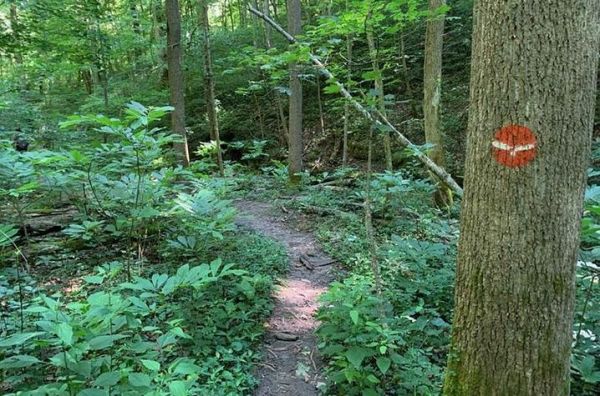Finding them in the forest is like looking for a needle in the haystack, but the University of Kentucky Department of Forestry and Natural Resources is partnering with the Kentucky Division of Forestry to find as many as possible in an effort to save the species.
“The idea is those trees that have some natural genetic resistance to the emerald ash borer are going to be the future of ash,” said Ellen Crocker, UK assistant professor of forest health extension in the College of Agriculture, Food and Environment. “We’ve been trying to find some of these trees for several years now, and when we do, we get their seeds, so the Kentucky Division of Forestry can propagate them at their nursery and hopefully, get them back into the natural landscape.”
Because lingering ash are so rare — in other states where ash trees have been decimated by the invasive pest, researchers have only found a handful — Crocker and UK forest health technician Megan Buland are reaching out to the public to help with the search and report any surviving trees in the woods through the TreeSnap app.
Continue reading at University of Kentucky
Image via University of Kentucky


